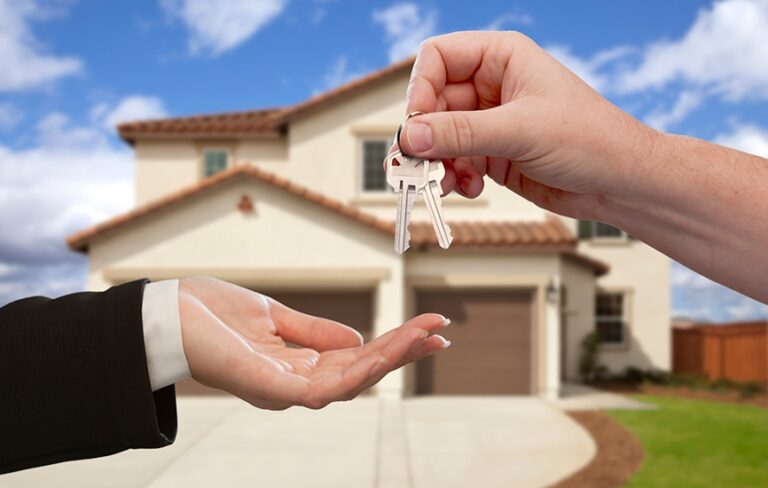Your daily routine can significantly impact your carbon footprint without you knowing it. Fortunately, as a homeowner, there are plenty of ways you can reduce it with sustainable practices and make your home a more environmentally friendly place to live. Here are some tips to help you start on your journey to becoming a more eco-conscious homeowner.
Integrate Renewable Energy
Embracing renewable energy in your home is an excellent way to reduce your carbon footprint. One of the easiest and most popular ways to do this is by investing in solar panels. Having solar panels fitted to your home allows you to use free natural energy and reduces your demand for natural resources. You can even export any extra energy you aren’t using back to the grid and get paid for it.
Conserve Water
Water conservation is an important aspect of becoming a more environmentally conscious homeowner. You can easily reduce the water you use with small changes such as taking shorter showers rather than baths and not leaving taps running when brushing your teeth or washing dishes. You could also collect rainwater, which can be used in a variety of ways, for example, for watering plants, washing the car, or even flushing your toilet!
Reduce, Reuse, and Recycle
Reduce, reuse, and recycle is a mantra we should all adopt. Cutting down on the waste you generate and being vigilant with your recycling efforts helps to reduce overconsumption and waste going to landfills.
Choose second-hand and reusable products wherever you can and use your council’s recycling services or local recycling facilities. You could even consider having a separate compost bin for food waste and creating compost in your garden, which can be used to fertilize your soil and help you grow plants.
Eco-Friendly Commuting
Many of us get into our cars as a force of habit, even for short trips we could easily make on foot. Instead of driving to the shops or dropping your kids at school, consider walking instead. Not only is this better for the environment but it’s also beneficial for your physical and mental health.
Alternatively, you could consider carpooling or cycling. If you need to commute to work or frequently travel longer distances, investing in an electric or hybrid vehicle can help reduce the environmental impact of your journey.
Insulate Your Home
Draughty houses that aren’t properly insulated can massively impact their carbon footprint. As a homeowner, you should ensure your home is draught-proof by checking door and window seals and investing in good-quality double glazing.
You’ll also want to make sure your home is properly insulated. This prevents heat loss through the walls and roof of your home, which is not only fantastic news for the environment but can also help you save money on your energy bills.

